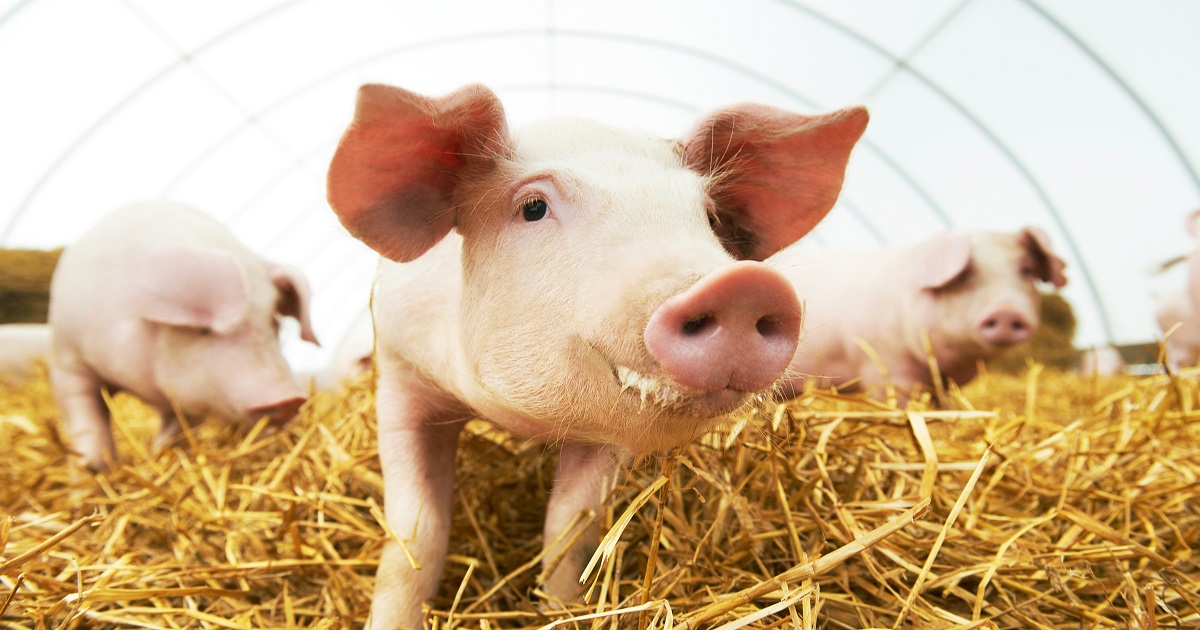All copies of “1984” may have sold out on popular shopping site Amazon, but now it’s time for those curious digesters of dystopian literature to turn their attention to George Orwell’s other famous novel, “Animal Farm.”
That’s because it was just announced that scientists this week succeeded in creating a pig-human hybrid embryo, bringing a whole new meaning to the extended metaphor of the farm-themed novel on Communism.
To be clear, there is no human-pig chimera running around in the world now. In fact, the embryo never even made it to the living- it was terminated before it could be born.
Scientists are messing around with this nightmarish scenario in the hope of growing human organs and tissues on the creatures to be used for transplants on living people. They would also be used for medical testing since they would respond similar to how humans would.
Though it was just a tiny embryo, scientists say that this research is incredibly difficult.
According to the Independent:
“[T]he efforts to grow embryos containing pigs and humans had proved harder than they anticipated. Even after decades of attempts, scientists are struggling to make stem cells in petri dishes become fully functional adult cells, let alone three-dimensional tissues and organs of the kind that might be needed.”
Though the image of a pig-human hybrid sounds like a horror story (and might in fact be), the reality is that the process, if fully completed, would really be a regular pig with a bit of human cells in its body. In other words, you won’t see any pigs talking or wearing human faces.
Still, this experiment is bound to draw a wealth of criticism and ethical debate. With enough rigorous opposition to animal testing at any level, the idea of creating a creature whose sole purpose is to be farmed for human organs sounds beyond the pale. And if a creature is part human, do they not have human rights?
Since we’re on the subject of dystopian novels, this conundrum reminds me of yet another young-adult novel that dealt with something similar, “The House of the Scorpion,” which dealt with the moral and ethical complications that occur when you treat quasi-humans as less than equal.
Who would have known that my favorite genre would soon be placed into the non-fiction category. George Orwell was clearly not just a novelist, but a future-teller as well.




